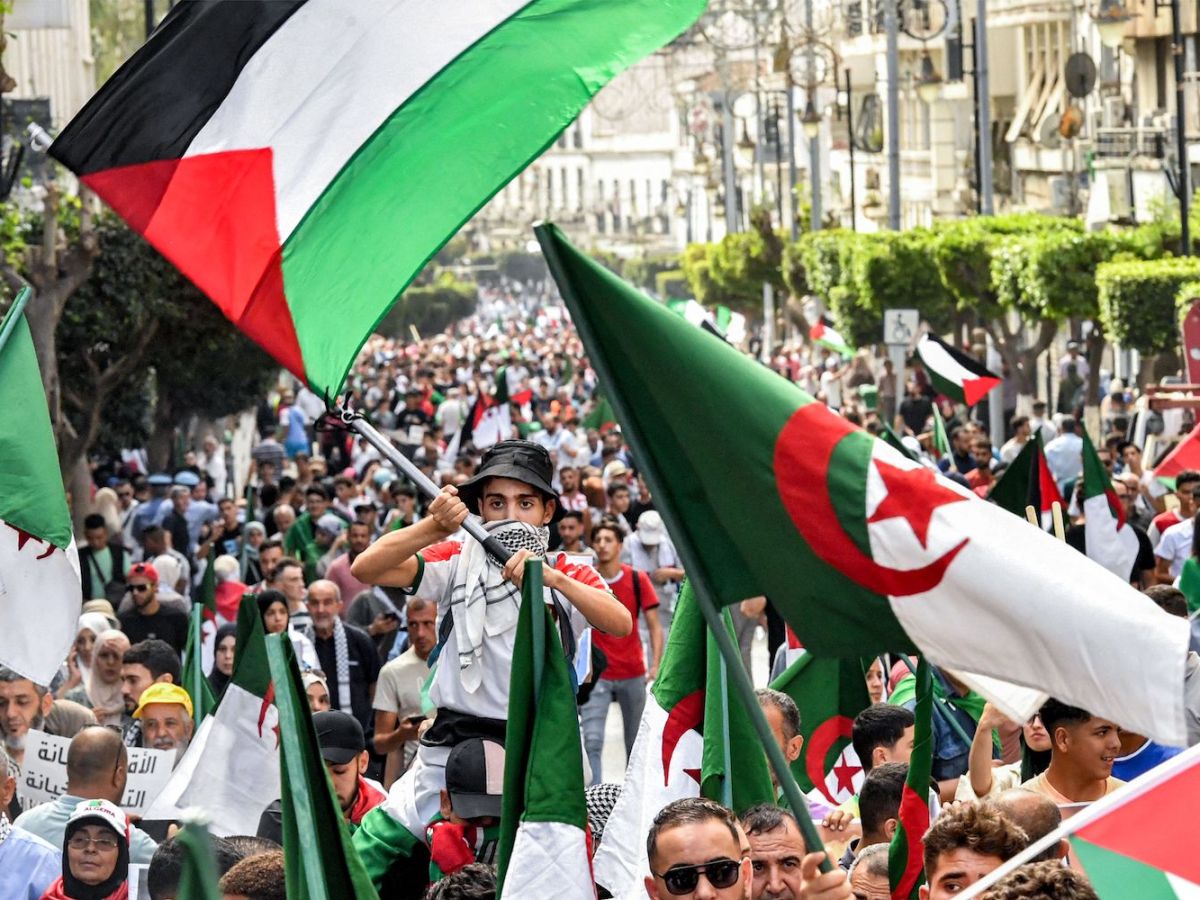
Algeria’s leading Islamist party, the Movement of Society for Peace (MSP), has reignited a fierce debate over cultural freedom after urging the suspension of all festive events in solidarity with Gaza — a move widely interpreted as a direct challenge to the upcoming DJ Snake concert in Algiers.
In a letter addressed to the Minister of Culture on July 31, the MSP stopped short of naming specific events. However, its timing coincided with the confirmation of the French-Algerian DJ’s much-anticipated performance at the Nelson Mandela Stadium, leaving little doubt as to its intended target.
“Behind the invocation of solidarity with the Palestinian people, a historical cause unanimously shared in Algerian society, lies a desire for censorship that is part of a broader trend of ideological closure,” the report reads.
The MSP, rooted in the Muslim Brotherhood, has a history of pushing conservative interpretations of public life. Its latest call is seen by critics as a thinly veiled attempt to moralize cultural expression under the guise of national decency and solidarity.
Algeria’s cultural sector, already stifled by tightening public freedoms, faces increased scrutiny. Observers say artistic expression remains under surveillance, with concerts and festivals often viewed by political factions as morally suspect or politically subversive.
“The use of the language of ‘decency’ and ‘national responsibility’ poorly disguises a moralizing stance, which aims to put pressure on cultural authorities and reactivate a structuring social conservatism,” the article noted.
With more than 250 prisoners of conscience reportedly held in Algerian prisons, the climate for free expression continues to narrow. Cultural events — often among the few remaining outlets for creativity and social gathering — are now becoming focal points of ideological tension.
By casting a spotlight on DJ Snake’s concert, the MSP’s actions highlight a broader campaign against non-conformist artistic initiatives. The attack, critics say, is emblematic of a political climate increasingly hostile to pluralism, where youth and creatives find themselves constrained by religious and political edicts.
Artistic freedom, already under pressure, now faces further erosion — threatening to silence the creative voices of a generation seeking space to dream and express outside rigid ideological confines.



